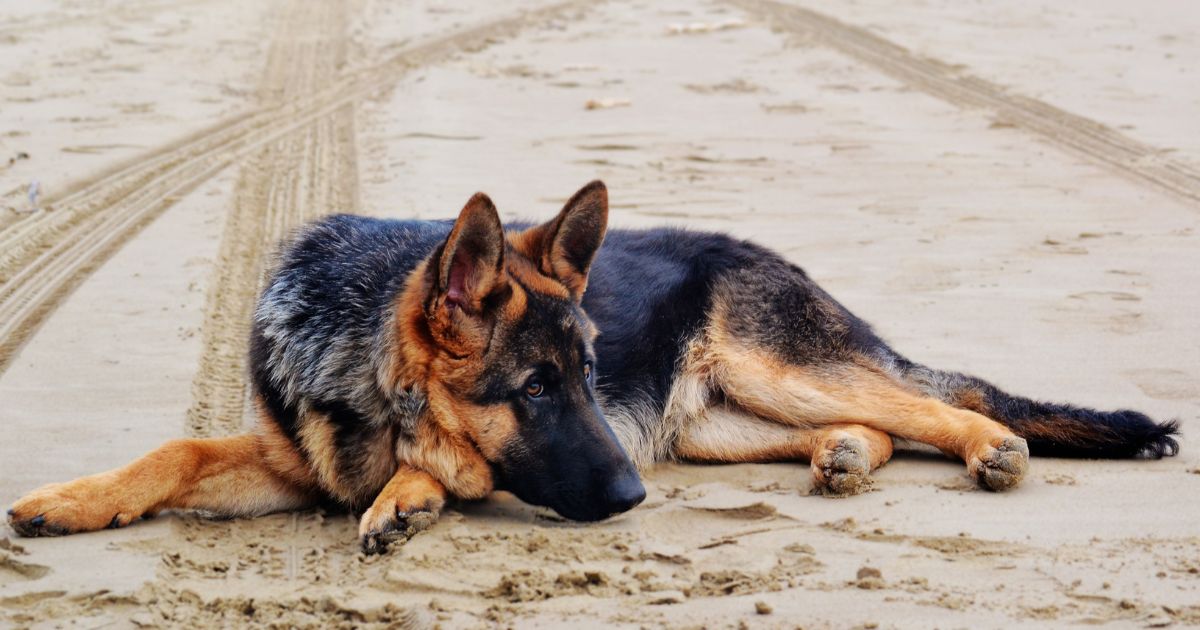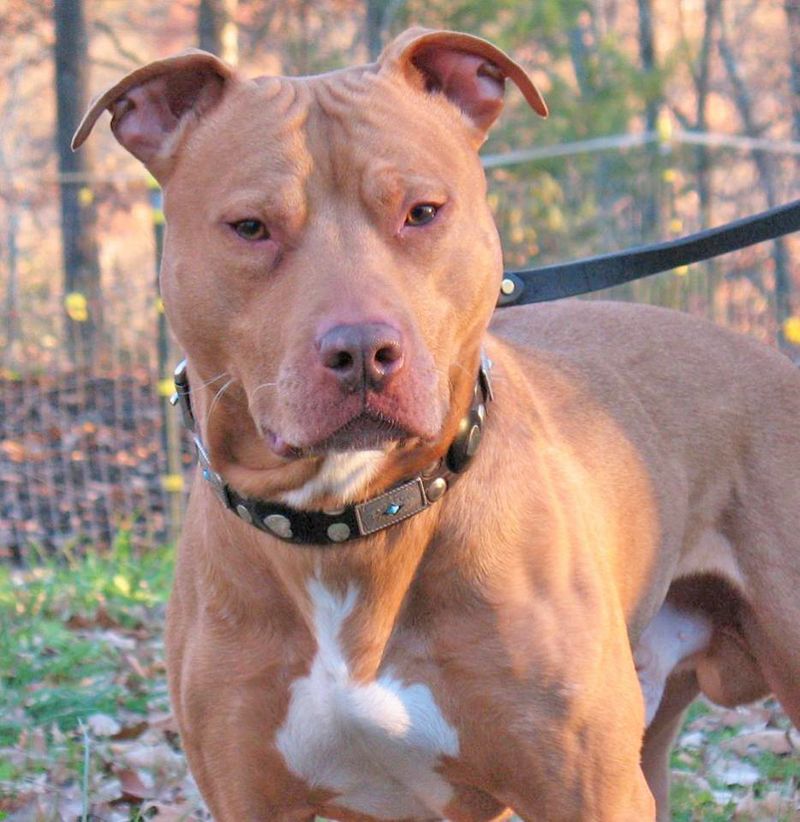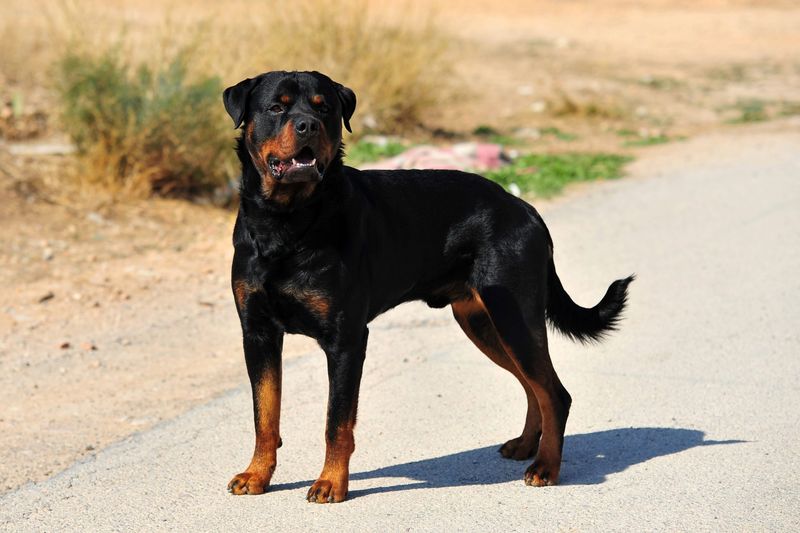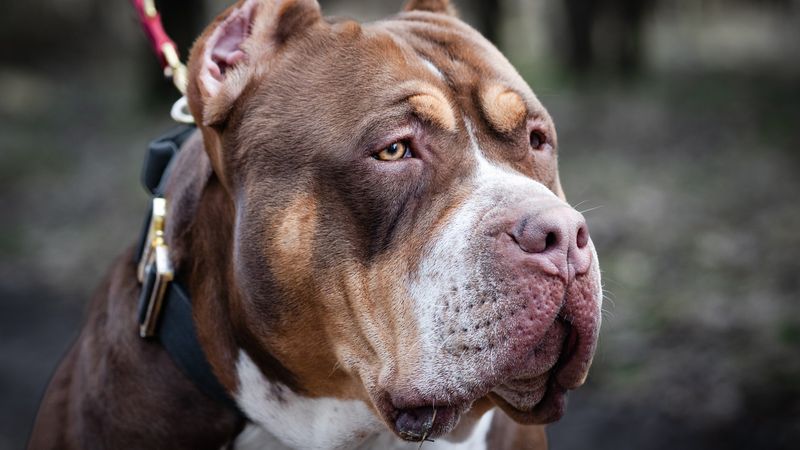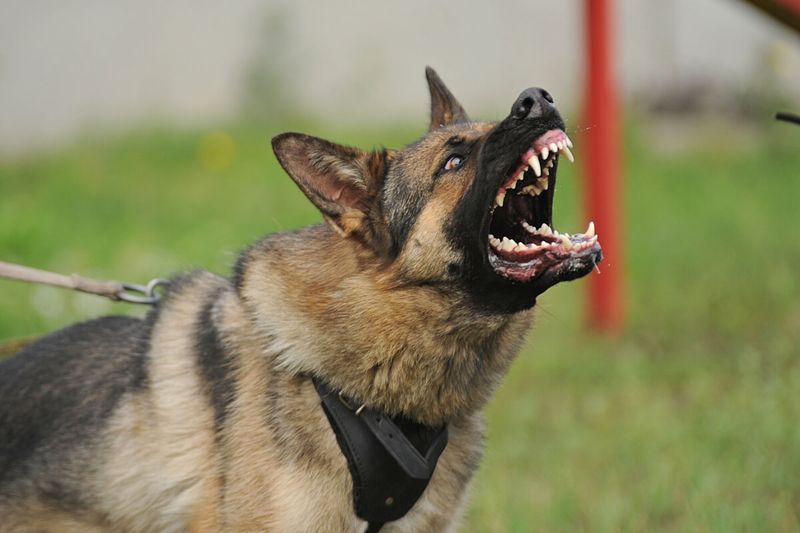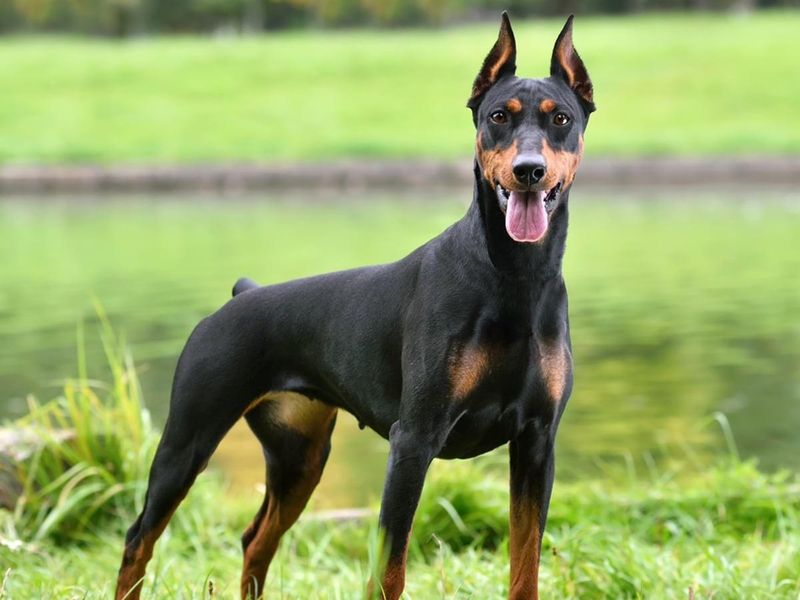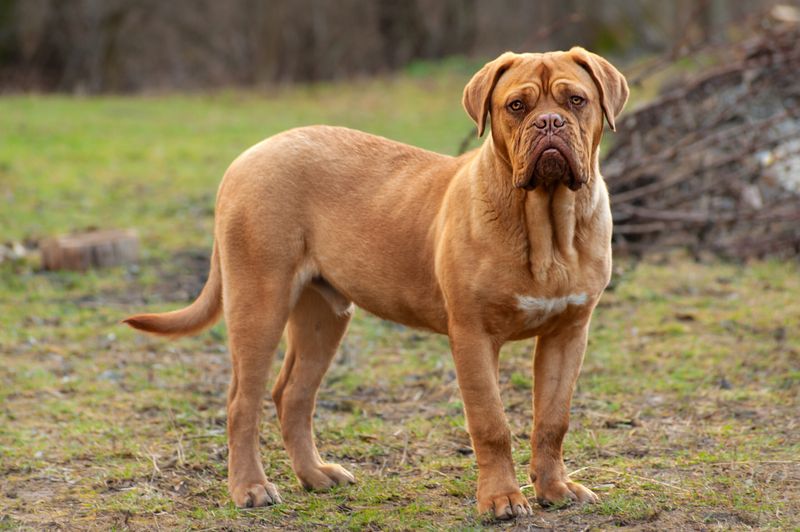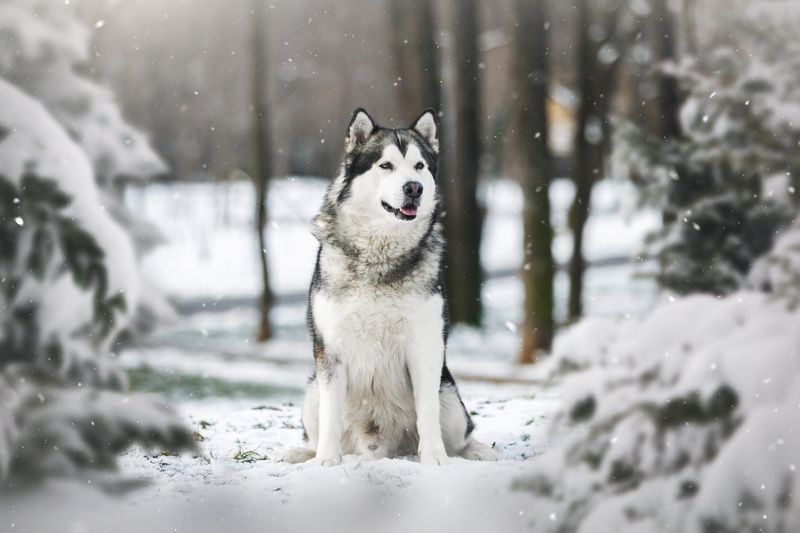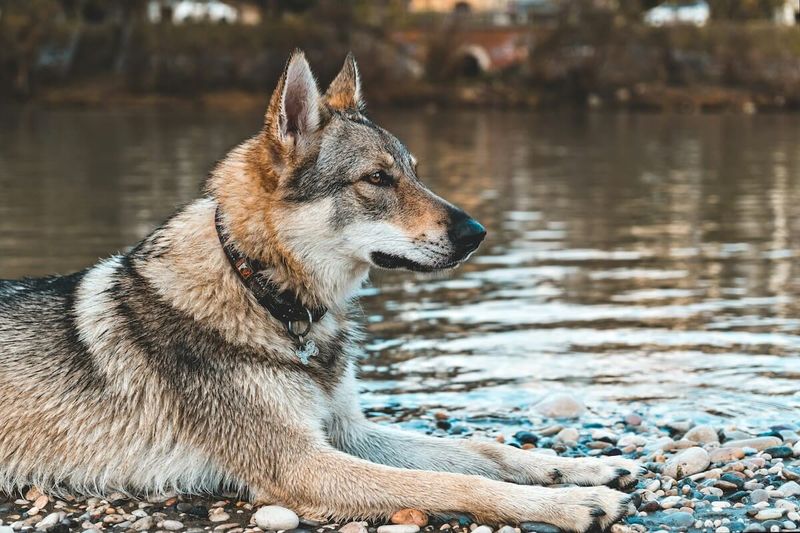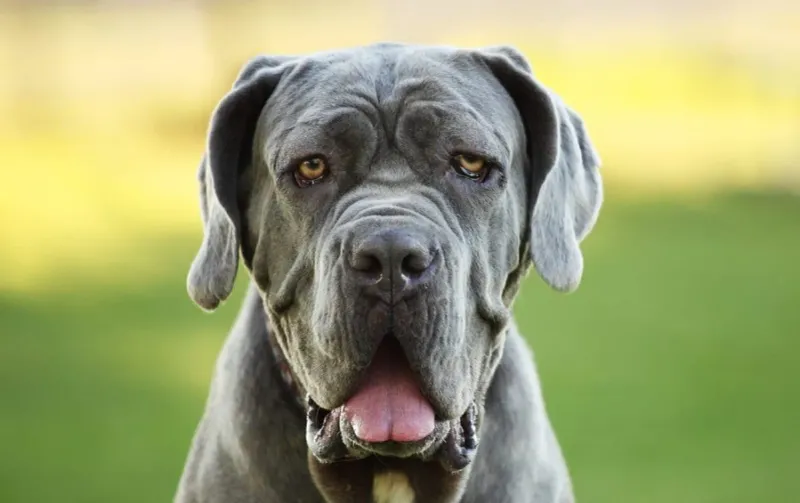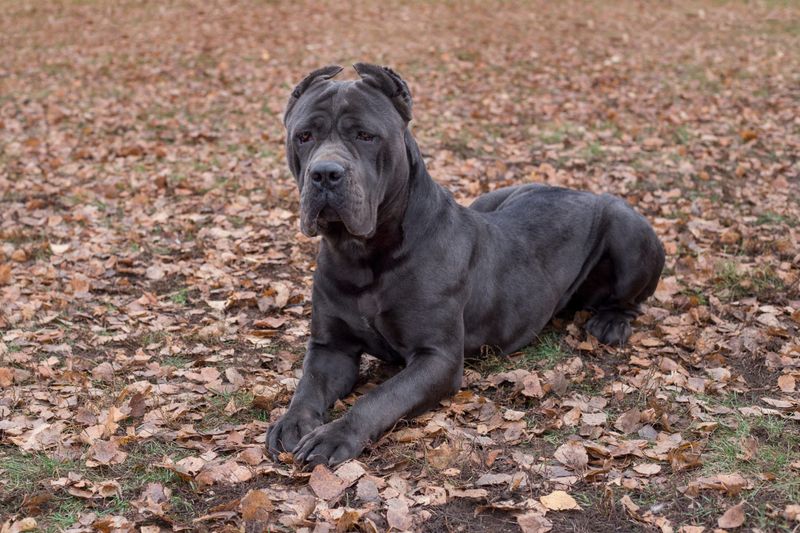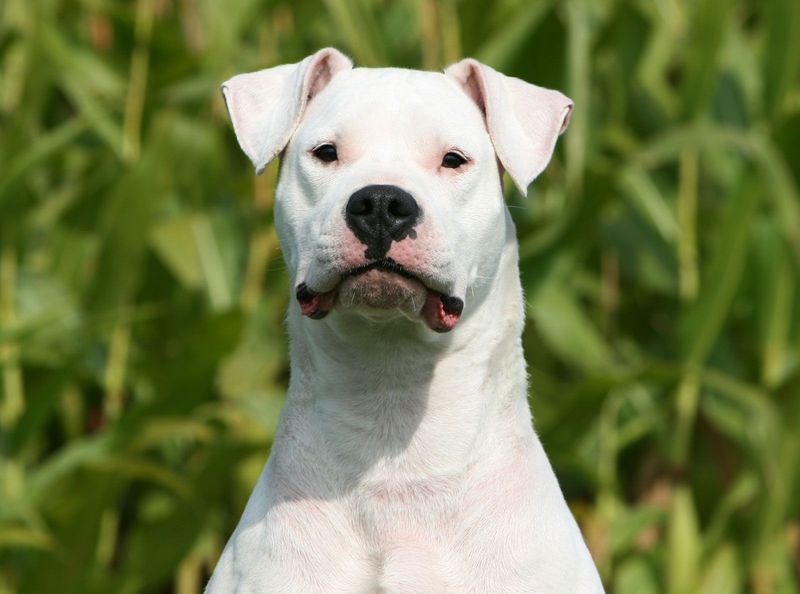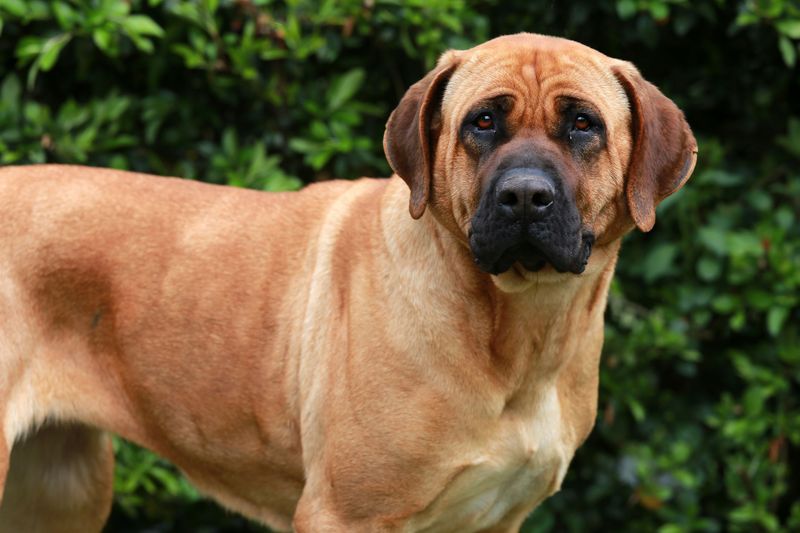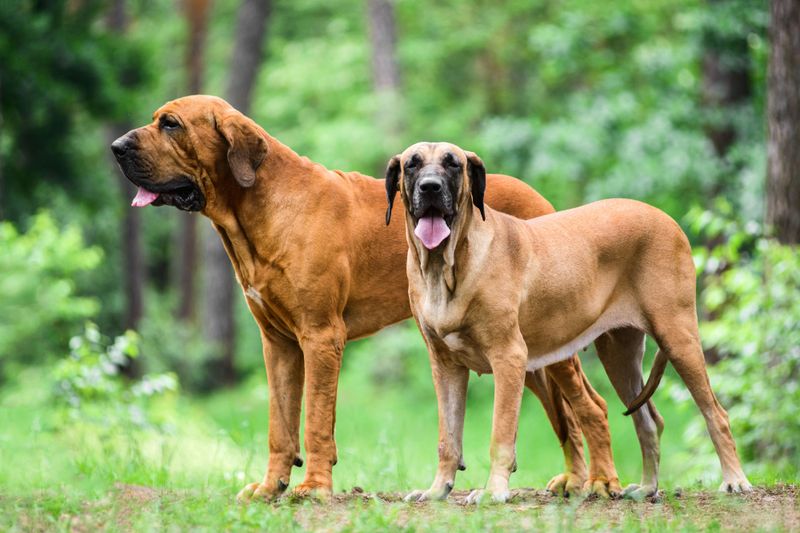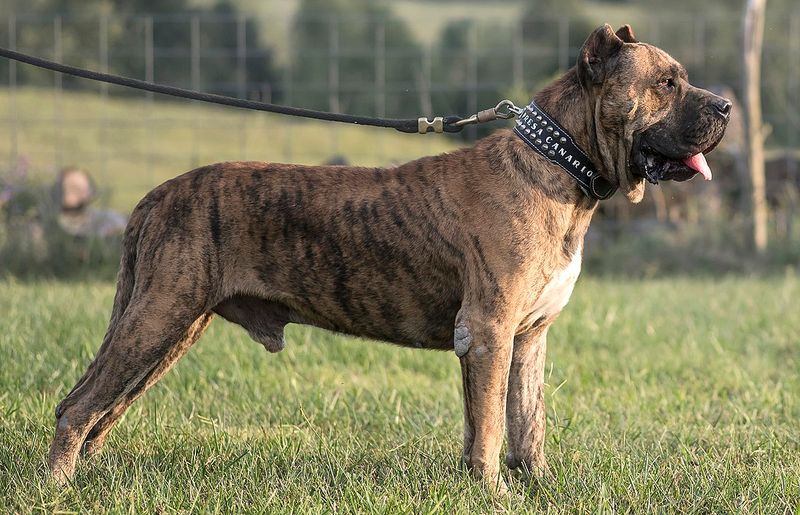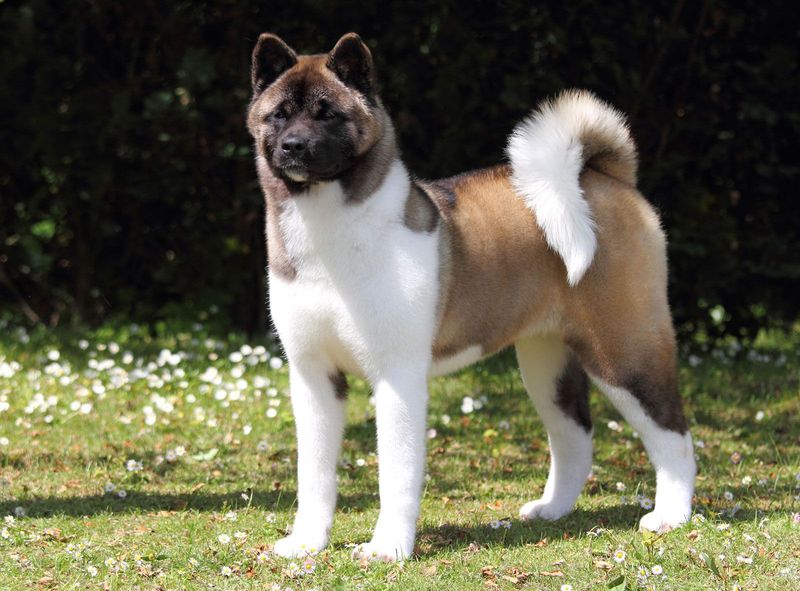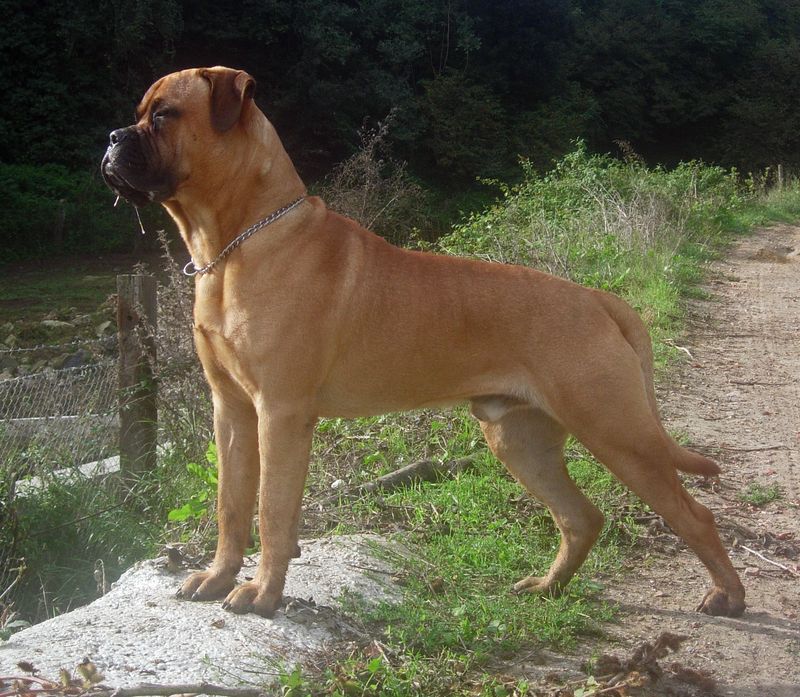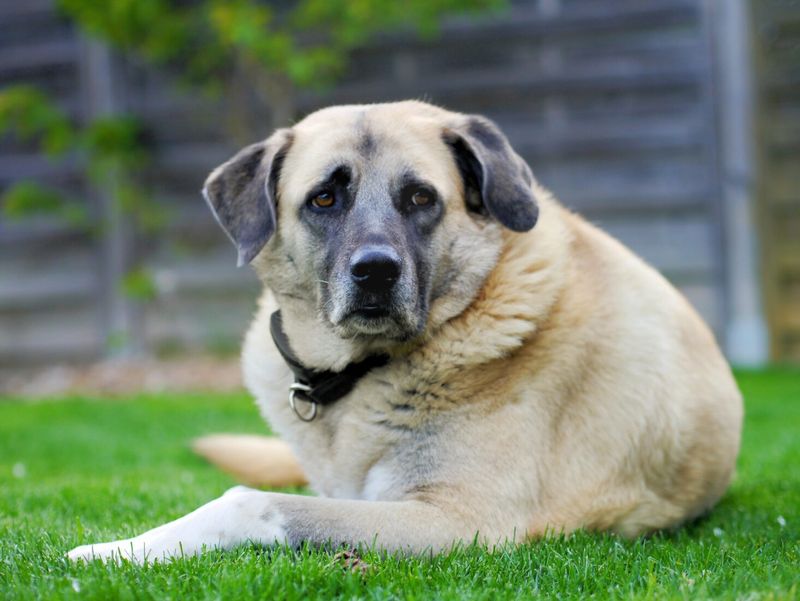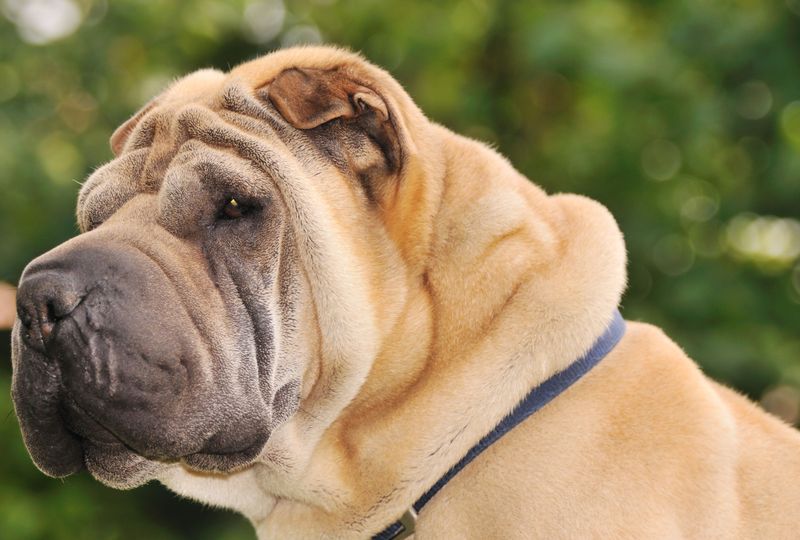Around the world, certain dog breeds face bans or restrictions due to perceptions of aggression, size, or behavioral traits.
These bans are often subject to controversy and debate, as they challenge notions of breed-specific legislation and responsible pet ownership.
This blog post explores 20 dog breeds that have experienced bans in various countries and regions, providing insights into the reasons behind these decisions and their implications for dog lovers.
1. Pit Bull Terrier
Pit Bull Terriers often face bans due to their reputation as aggressive dogs. These perceptions arise from a history of involvement in dogfighting. Despite such beliefs, many owners attest to their loving and loyal nature.
This breed’s strength and tenacity are undeniable, but with proper training and socialization, they can become affectionate companions. Nonetheless, their powerful build and determined nature can pose challenges.
The debate around their banning centers on whether aggression is inherent to their breed or a result of upbringing. Education and responsible ownership are key in changing perceptions.
2. Rottweiler
Rottweilers are often restricted due to their size and strength. They are considered intimidating by some, yet they are known for their loyalty and protective instincts.
Originally bred as working dogs, they require structured training to harness their energy. Proper socialization ensures they become trustworthy family pets.
The controversy around their bans stems from incidents involving untrained Rottweilers. Advocates argue that responsible ownership and training can mitigate risks. Understanding their needs and temperament is essential for potential owners.
3. American Bulldog
American Bulldogs face restrictions due to their size and perceived aggression. Despite their formidable appearance, they are affectionate and gentle with proper socialization.
Originating as working dogs, they possess strong physical attributes. Training is crucial to managing their energy and ensuring they are well-behaved.
Misconceptions about their temperament contribute to bans. Owners advocate for understanding and patience, highlighting their potential as loyal and friendly family pets. Education can help dispel myths surrounding this breed.
4. German Shepherd
German Shepherds are sometimes banned due to their strong guarding instincts. This breed is intelligent and versatile, often employed in police and military roles.
Their loyalty and trainability make them excellent companions. However, without proper guidance, they can become overly protective.
Bans are often based on misunderstandings of their protective nature. Advocates emphasize the importance of training and socialization to harness their capabilities positively. With the right approach, they are loving and devoted pets.
5. Doberman Pinscher
Doberman Pinschers are sometimes banned due to their protective nature. Known for their intelligence and loyalty, they are often used as guard dogs.
Their sleek build and alert stance make them appear intimidating, yet they are affectionate with their families. Proper training is essential to channel their energy positively.
Bans often result from misconceptions about their temperament. Advocates stress the importance of understanding their needs and providing consistent training. With the right approach, Dobermans are loving and devoted companions.
6. Mastiff
Mastiffs face bans due to their massive size and strength. Their imposing presence can be intimidating, yet they are known for their gentle and calm nature.
Originally bred as guard dogs, they require space and proper socialization. Their protective instincts are strong, so training is vital.
The controversy around their banning often revolves around size rather than temperament. Advocates argue that with proper care and training, Mastiffs can be gentle giants who are loyal and affectionate. Understanding their needs is crucial for owners.
7. Staffordshire Bull Terrier
Staffordshire Bull Terriers are banned in some places due to their association with aggression. Despite this, they are known for their affectionate and playful demeanor.
Originally bred for companionship, they thrive on human interaction. Continuous socialization and training ensure they are well-adjusted pets.
The debate around their bans often centers on prejudice rather than behavior. Advocates promote understanding and education to dispel myths. Proper guidance allows them to showcase their true, loving nature.
8. Alaskan Malamute
Alaskan Malamutes are sometimes banned due to their strong-willed nature. They were originally bred for sledding, possessing great strength and endurance.
Their independent nature requires an experienced owner who can provide firm training. With proper guidance, they are friendly and loyal.
Bans often stem from misunderstandings of their behavior. Advocates emphasize the importance of understanding their needs and providing structured training. With the right environment, they make loving family members.
9. Wolf Hybrid
Wolf hybrids face bans due to their unpredictable nature. As crosses between wolves and domestic dogs, their behavior is less predictable than typical dog breeds.
Their wild ancestry requires special understanding and handling. They need experienced owners who can manage their instincts and provide proper socialization.
The debate around their bans focuses on safety and compatibility with domestic life. Advocates stress the importance of education and responsible ownership. With the right care, they can form unique bonds with their owners.
10. Neapolitan Mastiff
Neapolitan Mastiffs face bans due to their massive size and intimidating appearance. Despite their looks, they are known for their gentle and affectionate nature.
Originally bred as guard dogs, they need space and proper socialization. Their protective instincts are strong, so training is vital.
The controversy around their banning often revolves around size rather than temperament. Advocates argue that with proper care and training, they are gentle giants who are loyal and affectionate. Understanding their needs is crucial for owners.
11. Cane Corso
Cane Corsos are often restricted due to their powerful build and protective nature. Originally bred in Italy for guarding, they are known for their loyalty and strength.
Proper training is essential to manage their energy and ensure they are well-behaved. They require a firm, experienced owner.
Bans often arise from incidents involving untrained dogs. Advocates stress the importance of responsible ownership and education. With the right approach, they make devoted and loving companions.
12. Dogo Argentino
The Dogo Argentino is banned in some regions due to its powerful build and hunting background. Known for its courage and loyalty, it requires experienced handling.
With proper training, they can be affectionate family pets. Their hunting instincts necessitate structured socialization from an early age.
Bans often focus on their strength rather than temperament. Advocates emphasize understanding their needs and providing consistent training. With the right environment, they are loving and protective dogs.
13. Tosa Inu
The Tosa Inu is restricted in many areas due to its history as a fighting dog. This Japanese breed is known for its strength and courage.
Proper training and socialization are essential to manage their instincts. With the right approach, they can be gentle and loyal companions.
Bans often arise from misconceptions about their past. Advocates stress the importance of responsible ownership and education. With understanding and care, they form strong bonds with their families.
14. Fila Brasileiro
The Fila Brasileiro faces bans due to its size and protective instincts. Known for its loyalty, it requires an experienced owner who can provide firm guidance.
Their strength demands proper training and socialization. With the right approach, they can be affectionate and devoted pets.
Bans often result from misunderstandings of their temperament. Advocates emphasize the importance of education and responsible ownership. With patience and understanding, they are loyal family members.
15. Presa Canario
The Presa Canario is banned in some areas due to its large size and perceived aggression. Known for its strength, it requires experienced handling.
Proper training and socialization are crucial to manage their energy. With the right approach, they can be loyal and protective companions.
Bans often stem from incidents involving poorly trained dogs. Advocates stress the importance of understanding their needs and providing education. With responsible ownership, they make devoted pets.
16. Akita Inu
Akita Inus face bans due to their strong-willed nature. This Japanese breed is known for its loyalty and independence.
They require firm training and consistent socialization to manage their instincts. With proper guidance, they form deep bonds with their families.
Bans often arise from misunderstandings of their behavior. Advocates emphasize education and responsible ownership. With the right approach, they are loving and protective companions.
17. Bullmastiff
Bullmastiffs are sometimes banned because of their size and strength. Known for their protective instincts, they require experienced handling.
With proper training, they are affectionate and devoted family pets. Their calm demeanor is an asset with the right care.
Bans often focus on their size rather than temperament. Advocates stress the importance of understanding their needs and providing education. With responsible ownership, they make gentle giants.
18. Boerboel
Boerboels face bans due to their large size and protective nature. Originating from South Africa, they are known for their strength and loyalty.
Proper training and socialization are key to managing their instincts. They require an experienced owner who can provide firm guidance.
Bans often arise from misconceptions about their temperament. Advocates emphasize the importance of education and responsible ownership. With the right care, they are loving family members.
19. Kangal
The Kangal is banned in some regions due to its size and protective instincts. Known for its loyalty and strength, it is often used as a livestock guardian.
Proper training and socialization are needed to manage their energy. With the right approach, they are gentle and devoted companions.
Bans often focus on their size rather than temperament. Advocates stress the importance of understanding their needs and providing education. With responsible ownership, they make loyal pets.
20. Shar Pei
Shar Peis are sometimes banned due to their aloof nature. Known for their unique appearance, they are independent and strong-willed.
This breed requires consistent training and socialization from an early age. With proper care, they become loyal companions.
Bans often result from misunderstandings of their temperament. Advocates highlight the importance of understanding their unique needs. With patience and dedication, they form deep bonds with their families.
